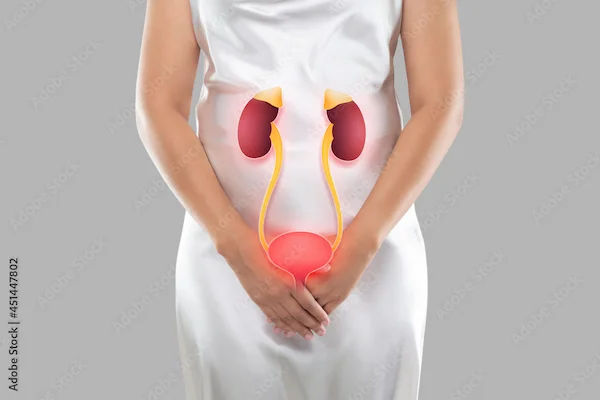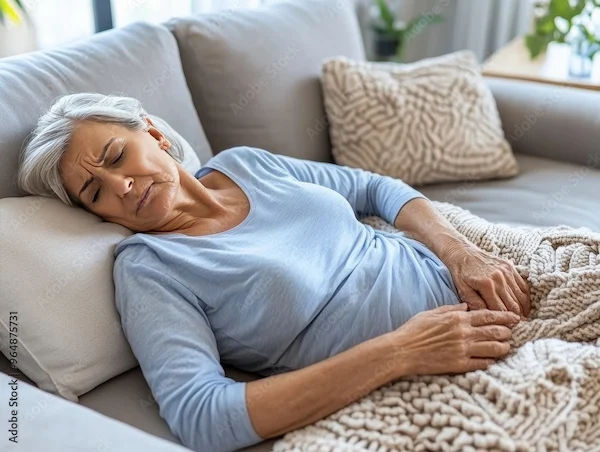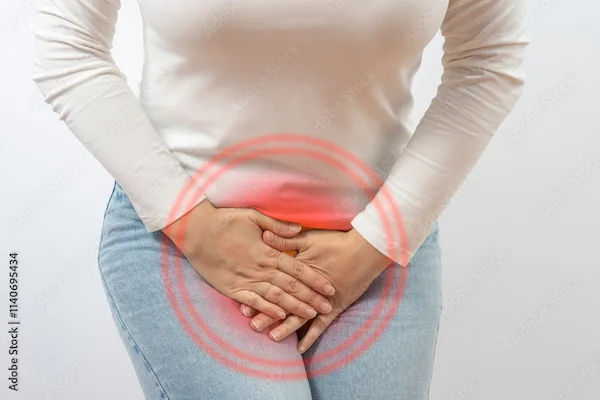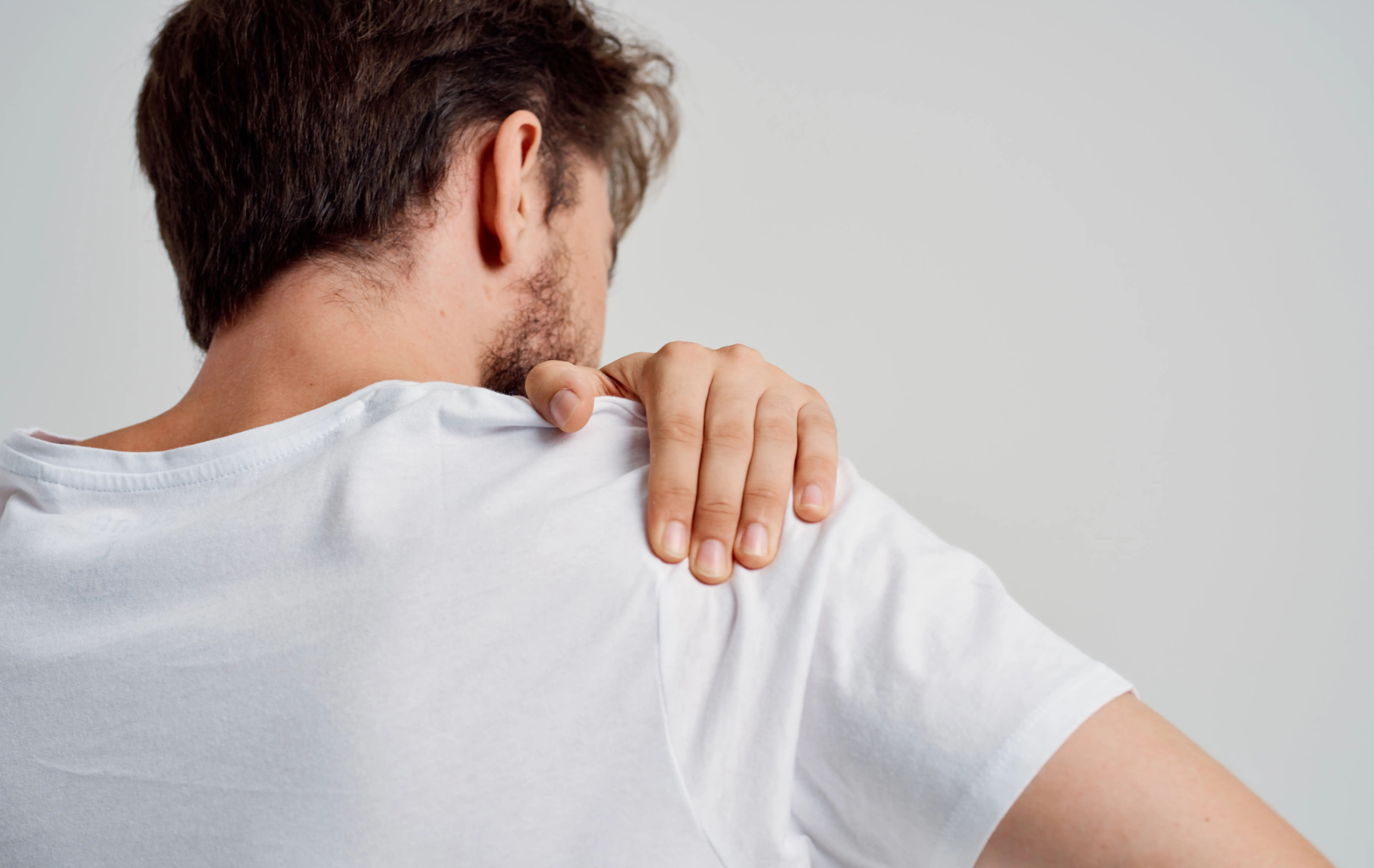Depression After Hysterectomy With Ovaries Intact
Feeling low after a hysterectomy even though your ovaries were preserved? Learn why depression can occur, common symptoms, and how to find emotional support and treatment.


Introduction
A hysterectomy—surgical removal of the uterus—is a common procedure that many women undergo due to conditions like fibroids, endometriosis, or heavy bleeding. While the surgery can provide relief from physical symptoms, some women experience emotional challenges, including depression—even when the ovaries are left intact.
If you or someone you know is feeling low, anxious, or emotionally drained after a hysterectomy, you’re not alone. Let’s explore why this happens and how to cope.
Consult Top Specialists for Personalised Advice
Why Does Depression Happen After Hysterectomy?
Even if the ovaries are preserved, a hysterectomy can still affect emotional well-being due to:
1. Hormonal Changes – The uterus and ovaries work together in hormone regulation. Removing the uterus may disrupt blood flow to the ovaries, temporarily affecting hormone levels, like estrogen and progesterone, which can influence mood.
2. Psychological Impact – Losing the uterus can bring feelings of loss, grief, or a sense of changed identity, especially if the surgery affects fertility.
3. Recovery Stress – Post-surgery pain, fatigue, and changes in daily life can contribute to emotional distress.
4. Sleep & Lifestyle Disruptions – Recovery may lead to poor sleep, reduced physical activity, or changes in routine, which can worsen mood.
Signs of Depression After Hysterectomy
Depression isn’t just "feeling sad"—it can show up in different ways, such as:
Persistent sadness, hopelessness, or emptiness
Loss of interest in activities you once enjoyed
Fatigue, low energy, or trouble sleeping
Changes in appetite (eating too much or too little)
Difficulty concentrating or making decisions
Irritability or restlessness
Feelings of guilt or worthlessness
Thoughts of self-harm (seek help immediately if this happens)
If these symptoms last for more than two weeks, it’s important to talk to a doctor.
How to Cope & Improve Emotional Well-being?
There are several supportive approaches that may help improve mental well-being.
1. Seek Professional Support
Therapy (Counselling): Talking to a therapist can help process emotions and develop coping strategies.
Medication (if needed): In some cases, antidepressants may be recommended.
Support Groups: Connecting with others who’ve had similar experiences can be comforting.
2. Prioritise Physical Health
Gentle Exercise: Walking, yoga, or light stretching can boost mood and energy.
Balanced Diet: Foods rich in omega-3s like fish and nuts, whole grains, and fresh fruits can support brain health.
Adequate Sleep: Maintain a regular sleep schedule for better emotional balance.
3. Emotional Self-Care
Journaling: Writing down feelings can help process emotions.
Mindfulness & Relaxation: Meditation, deep breathing, or guided imagery can reduce stress.
Stay Connected: Spend time with loved ones—isolation can worsen depression.
4. Educate Yourself & Set Realistic Expectations
Recovery takes time—be patient with yourself.
Understand that mood swings are common but manageable.
When to See a Doctor
If depression is affecting daily life—making it hard to work, sleep, eat, or enjoy life—reach out for help. A doctor can assess whether therapy, medication, or other treatments are needed.
Apollo 24|7 offers expert consultations with gynaecologists and mental health professionals. You can book an appointment online for personalised care.
Final Thoughts
A hysterectomy is a major life event, and it’s normal to feel emotional ups and downs afterward. Even with ovaries intact, hormonal and psychological factors can contribute to depression. The key is to recognise the signs early, seek support, and take small steps toward healing—both physically and emotionally.
You are not alone in this journey. With the right help and self-care, it’s possible to regain emotional balance and live a fulfilling life after surgery.
If you need guidance, don’t hesitate to reach out to a healthcare provider. Apollo 24|7 is here to support you—book a consultation today.
Consult Top Psychologists
Consult Top Specialists for Personalised Advice

Ms. C Manjula Rao
Clinical Psychologist
21 Years • M.Phil Clinical Psychology
Hyderabad
Apollo Hospitals Jubilee Hills, Hyderabad

Miss. Vaishnavi Sankeshwar
Psychologist
5 Years • Msc Clinical Psychology
Bengaluru
Apollo Clinic, JP nagar, Bengaluru

Dr. Vidisha Roy
Psychologist
10 Years • MA Psychology, PhD. in Psychology
Kolkata
MCR SUPER SPECIALITY POLY CLINIC & PATHOLOGY, Kolkata

Ms VISHAKHA RATHI
Psychologist
4 Years • MA (Psychology)
Delhi
REBUILDING MINDS (OPC) PRIVATE LIMITED, Delhi
Mr. Vinay B
Psychologist
2 Years • MSc in Psychology Counseling
Bengaluru
Apollo Clinic, Sarjapur Road, Bengaluru
Consult Top Psychologists

Ms. C Manjula Rao
Clinical Psychologist
21 Years • M.Phil Clinical Psychology
Hyderabad
Apollo Hospitals Jubilee Hills, Hyderabad

Miss. Vaishnavi Sankeshwar
Psychologist
5 Years • Msc Clinical Psychology
Bengaluru
Apollo Clinic, JP nagar, Bengaluru

Dr. Vidisha Roy
Psychologist
10 Years • MA Psychology, PhD. in Psychology
Kolkata
MCR SUPER SPECIALITY POLY CLINIC & PATHOLOGY, Kolkata

Ms VISHAKHA RATHI
Psychologist
4 Years • MA (Psychology)
Delhi
REBUILDING MINDS (OPC) PRIVATE LIMITED, Delhi
Mr. Vinay B
Psychologist
2 Years • MSc in Psychology Counseling
Bengaluru
Apollo Clinic, Sarjapur Road, Bengaluru




